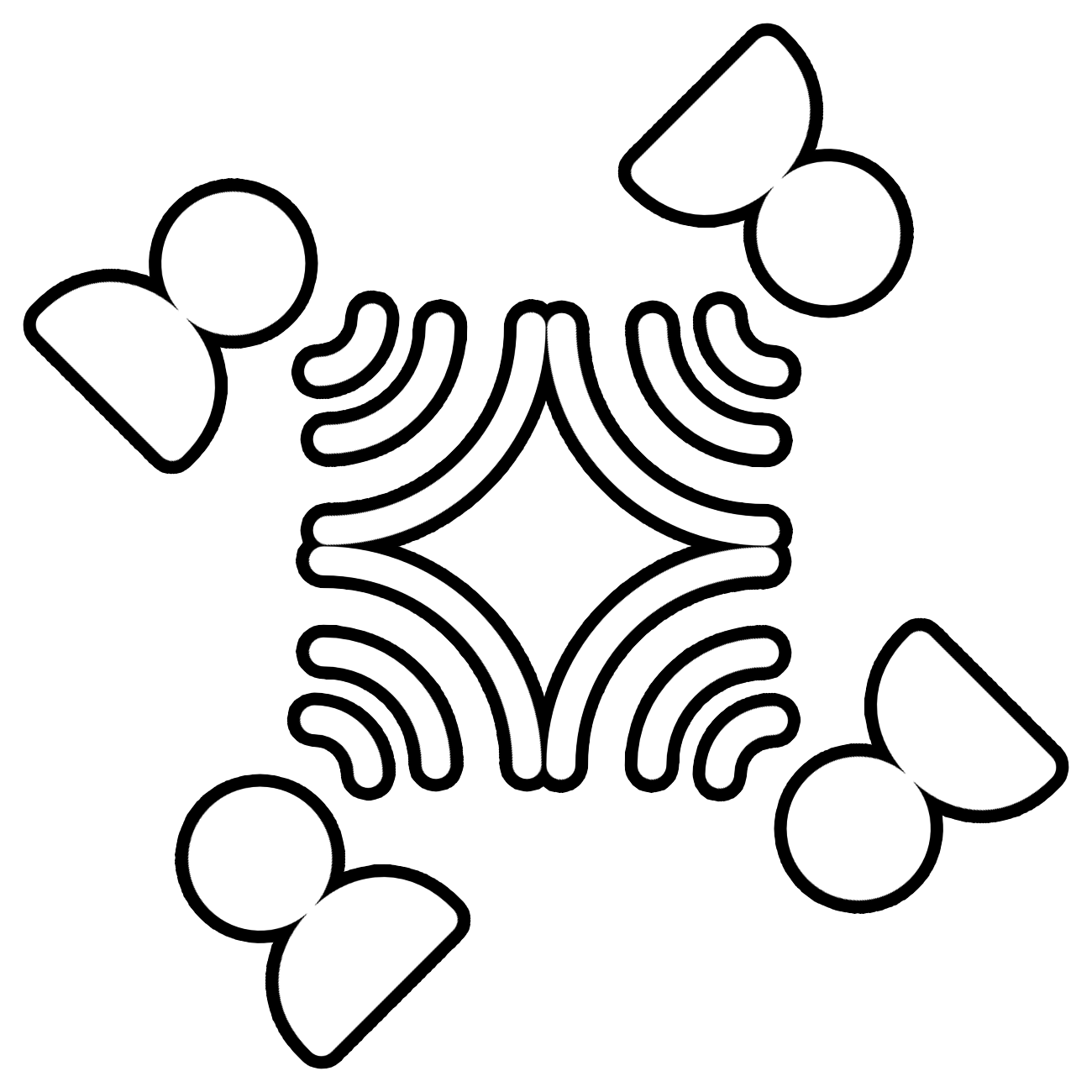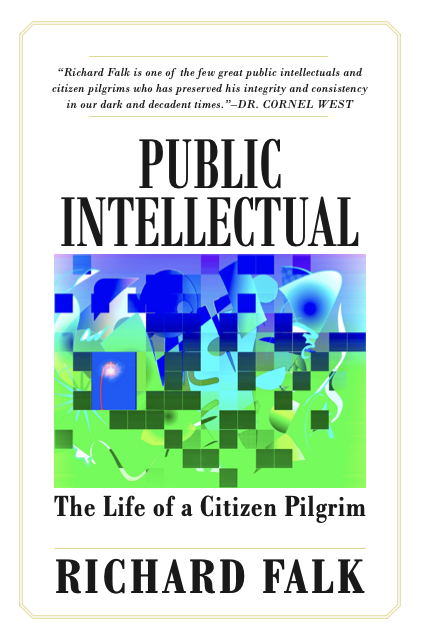Two remarkable books, two inspiring journeys.
On June 8, 2021 Conversation at the Crossroads hosted a very special event featuring Richard Falk, Emeritus Professor of International Law at Princeton University, and Stuart Rees, Emeritus Professor at the University of Sydney, in conversation with Joseph Camilleri, Emeritus Professor at La Trobe University.
The discussion also featured special guests Hilary Charlesworth, Punam Yadav, Chandra Muzaffar, Hanan Ashrawi and Amin Saikal.
In Conversation with: Richard Falk
Richard Falk is one of the world’s leading scholars in the fields of International Relations and International Law. He is Professor Emeritus of International Law, Princeton University; Professor, Orfalea Center of Global and International Studies, University of California Santa Barbara; author/co-author of over 70 books, and hundreds of journal articles. He has served in various roles for the United Nations and non-government organisations, including as UN Special Rapporteur on human rights in the Occupied Palestinian Territories (2008-2014). He has been an animator, convener, contributor for numerous national and international initiatives, including the Independent International Commission on Kosovo.
This political memoir reveals how Richard Falk became prominent in America and internationally as both a public intellectual and citizen pilgrim. Falk built a life of progressive commitment, highlighted by visits to North Vietnam where he met PM Pham Von Dong, to Iran during the Islamic Revolution after meeting Khomeini in Paris, to South Africa where he met with Nelson Mandela at the height of the struggle against apartheid, and frequently to Palestine and Israel. His memoir is studded with encounters with well-known public figures in law, academia, political activism and even Hollywood. Falk mentored the thesis of Robert Mueller, taught David Petraeus.
His publications and activism describe various encounters with embedded American militarism, especially as expressed by governmental resistance to responsible efforts to rid the world of nuclear weapons, and his United Nations efforts on behalf of the rights of the Palestinian people. In 2010 he was named Outstanding Public Scholar in Political Economy by the International Studies Association. He has been nominated annually for the Nobel Peace Prize since 2009.
“This intimate and penetrating account of a remarkable life is rich in insights about topics ranging from the academic world to global affairs to prospects for a livable society. A gripping story, with many lessons for a troubled world.” NOAM CHOMSKY
“Richard Falk is one of the few great public intellectuals and citizen pilgrims who has preserved his integrity and consistency in our dark and decadent times. This wise and powerful memoir is a gift that bestows us with a tear-soaked truth and blood-stained hope”. CORNEL WEST
“Richard Falk’s Public Intellectual is a citizen pilgrims journey across the world , over nearly a century, contributing to peace in Vietnam, Iran, Palestine …Through his life and ideas he invites us to imagine and shape the ‘politics of impossibility ‘ to heal our ‘endangered planet’ and our fractured societies. Whether you are a peace activist or researcher, or you care about the earth and fellow human beings , Public Intellectual will enrich you intellectually and politically.” VANDANA SHIVA
“Richard Falk recounts a life well spent trying to bend the arc of international law toward global justice. A Don Quixote tilting nobly at real dragons. His culminating vision of a better or even livable future—a ‘necessary utopia’—evokes with current urgency the slogan of Paris, May 1968: ‘Be realistic: demand the impossible.’” DANIEL ELLSBERG
In Conversation with: Stuart Rees
Stuart Rees is Emeritus Professor University of Sydney where for twenty years he held the chair in Social Work & Social Policy and founded the Sydney Peace Foundation which established the prestigious Sydney Peace Prize. His writings on peace and social justice issues and several anthologies of poetry, illuminate the present social and political landscape and pose the biggest question of all: what does it mean to be human?
Cruelty has long been a feature of states’ domestic and foreign policies but is seldom acknowledged. Governments mouth respect for human rights yet promote discrimination, violence and suppression of critics.
Documenting case studies from around the world, distinguished academic and human rights activist Stuart Rees exposes politicians’ cruel motives and the resulting outcomes. Using his first-hand observations and insights from international poets, he argues for courageous action to support non-violence in every aspect of public and private life for the survival of people, animals and the planet.
“Cruelties promoted by policies are often ignored. This book theorises the notion of cruelty in all its forms, from direct violence to a political economy of cruelty. I loved this book.” PUNAM YADAV, University College London
“Stuart Rees’s deeply humane and moral book documents and analyses historical state-sanctioned, global violence and cruelty, while quoting international poems offering compassionate voices of humanity. A compelling, disturbing, inspiring book.” ROBERT S. WHITE, author of Pacifism in English Literature
“In his evocative and unflinching study, Stuart Rees shows us how ‘national interest’ rhetoric often enables outrages upon human dignity. He reminds us not to abandon the victims of state power or to play games with their fate.“ CLINTON FERNANDES, University of New South Wales
“A sobering account of a disease that inflicts unimaginable pain on all living things. Stuart Rees courageously gives it its proper name ‘cruelty’, brilliantly identifies its causes and effects, and with erudition and compassion points the way to a healthier future.” JOSEPH CAMILLERI
“It is no exaggeration to say that the survival of humanity will be determined by decisions that must be made without delay. The wise and perceptive words in this inquiry into our condition and our fate are a wonderful guide to confronting and overcoming the severe challenges that are imminent.” NOAM CHOMSKY
“A unique work of stunning breadth and insight, outlining the innumerable cruelties practiced by state and non-state actors, while illuminating a more hopeful path for our common humanity through courage and the eternal wisdom of poetry.” MELISSA PARKE, UN Expert, former Federal MP and Minister for International Development, Australia




